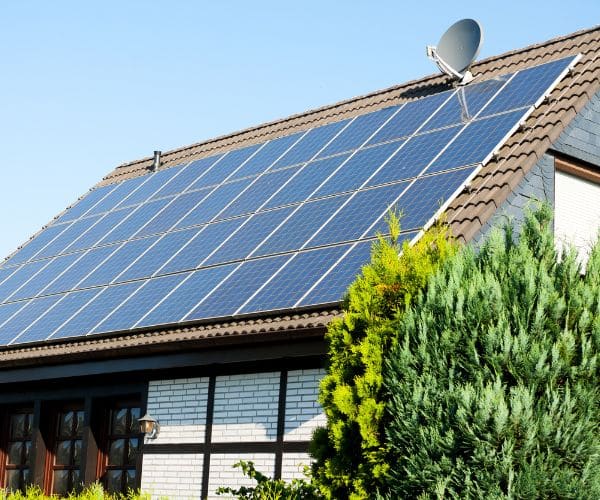Navigating the Sunshine: Residential Solar System Installation Regulations and Permits
In recent years, the adoption of residential solar systems has skyrocketed, with homeowners across the globe harnessing the power of the sun to generate clean and sustainable energy. This shift towards solar power is not only environmentally responsible but also economically sound, thanks to the decreasing costs of solar panel technology. However, before you can start enjoying the benefits of solar energy, there are some important steps to consider, including understanding the regulations and permits required for residential solar system installation.
In this blog post, we will delve into the world of residential solar installation regulations and permits, providing you with valuable insights to make your transition to solar power a seamless one.
Why Regulations and Permits Matter
Before delving into the specifics of residential solar system installation, it’s crucial to understand why regulations and permits are necessary.
- Safety: Solar systems involve complex electrical components and must be installed correctly to prevent hazards such as fires or electrical malfunctions. Regulations ensure that safety standards are met.
- Grid Integration: Solar systems often connect to the electrical grid. Regulations ensure that your system complies with the utility’s requirements, preventing grid instability.
- Aesthetics: Some regulations aim to maintain the aesthetic appeal of neighborhoods, ensuring that solar panels do not disrupt the visual harmony of the area.
- Environmental Impact: Permits may involve assessing the environmental impact of your solar installation to protect local ecosystems.
- Insurance and Warranty: Compliance with regulations and permits can impact your ability to secure insurance for your solar system and maintain manufacturer warranties.
Understanding Local Regulations
Solar installation regulations can vary widely based on your location. It’s essential to start by researching the specific rules and requirements in your area. Typically, you’ll encounter regulations related to:
- Zoning Laws: Zoning laws may dictate where solar panels can be installed on your property, their size, and their height. Ensure that your installation aligns with these laws.
- Building Codes: Solar panels are often considered structural additions to your property. Building codes specify the design and installation standards that must be met to ensure structural integrity.
- Electrical Codes: Electrical codes govern the wiring and connection of your solar system. Compliance with these codes is crucial for safety and grid integration.
- Permitting Process: Understand the permitting process in your area. This typically involves submitting plans and specifications for your solar installation and obtaining the necessary approvals.
- Historical District Regulations: If you live in a historical district, additional regulations may apply to preserve the historical character of the area.
Working with Professionals
Navigating the labyrinth of regulations and permits can be overwhelming, but you don’t have to do it alone. Consider these steps:
- Consult a Solar Installer: Start by engaging a reputable solar installer who is well-versed in local regulations. They can guide you through the permitting process and ensure compliance with all requirements.
- Hire an Electrician: A licensed electrician will be needed to handle the electrical work associated with your solar system. They are familiar with electrical codes and safety standards.
- Engage a Permitting Service: In some cases, it may be beneficial to hire a permitting service to handle the paperwork and approval process. They are experienced in navigating local bureaucracy.
Residential solar system installation is a fantastic way to reduce your environmental footprint and save money on energy bills. However, it’s crucial to understand and comply with the regulations and permits required in your area to ensure a safe and successful installation.
Remember that the specific requirements can vary widely, so always start by researching your local regulations, and consult professionals who can guide you through the process. With the right knowledge and assistance, you can harness the power of the sun and enjoy the many benefits of residential solar energy.

